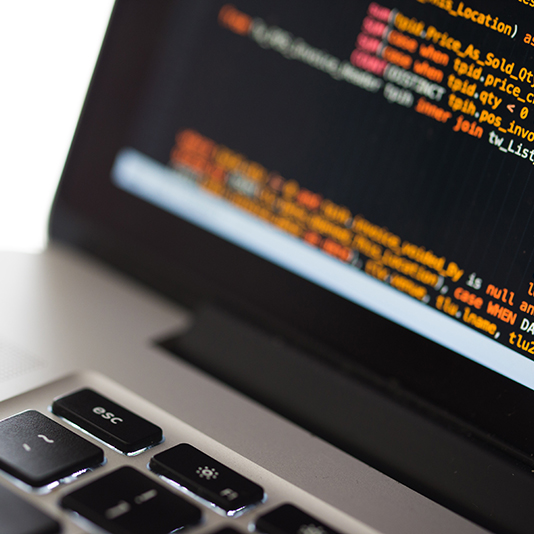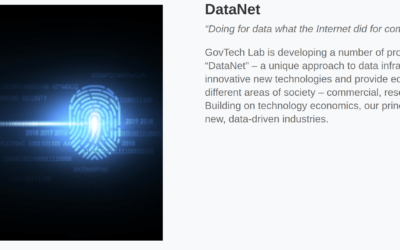Further Reading and Resources:
- Blockchain Applications in the Public Sector.
- Palfreyman, J. (2017, February 1) Blockchain for government: Building trust, Demolishing Bureaucracy. (IBM): IBM Blockchain Blog.
- O’Reilly, T. (2013) Open Data and Algorithmic Regulation. In Goldstein, B. and Dyson, L. (eds.) Beyond Transparency: Open Data and the Future of Civic Innovation.
- Rockwell, M. (2017) BitCongress—Process For Blockchain Voting & Law.
Blockchain Technologies
Blockchain Technologies were developed to underpin digital currency by securing, validating and processing transactional data. Such elements of Blockchain technology, which were conceived initially for Bitcoin, are now recognised to have far-reaching potential in other areas, especially for government. The core technologies are:
Distributed Ledger Technology (DLT) — a decentralised database where transactions are kept in a shared, replicated, synchronised, distributed book-keeping record, which is secured by cryptographic sealing. The critical distinction between ‘distributed ledgers’ and ‘distributed databases’ is that nodes of the distributed ledger cannot/do not trust other nodes—and so must independently verify transactions before applying them.
Smart Contracts — these are the rules, possibly computer programs, that attempt to codify transactions and contracts with the intent that the records managed by the distributed ledger are authoritative for the existence, status and evolution of the underlying legal agreements they represent. Smart contract technology can automate transactions, such as supply chains, and have the potential to automate laws and statutes.
Governments are increasingly launching projects that apply Blockchain technologies to transform regulatory compliance, contract management, identity management and government records. Other potential uses in facilitating elections and direct democracy models are also being discussed and developed.
Related Papers and Publications

Algorithmic Government - The Computer Journal
Paper #02
Paper #03
Paper #03

Next GovTechLab Event
Latest News
GovTech Lab Seminar: DataNet and the Future of National Data Infrastructures @UCL (26th Nov. 9.30-Noon)
GovTech Lab Seminar: DataNet and the Future of National Data Infrastructure 26 November, 2019 University College London 9.30 - 12 Noon https://govtechlab.org/datanet/ DataNet - Doing for Data what the Internet did for Communications DataNet represents a new approach...
read moreGovTech Lab identified as leading Innovator
GovTech Lab is proud to be mentioned, in an article by Public (a leading voice in digital government transformation), as part of initiatives based at University College London. The article identifies UCL as one of the five leading GovTech innovator universities....
read moreData shouldn’t be allowed to speak for itself
Dr Vaughn Tan is an assistant professor at University College London’s School of Management. He received a PhD in Organizational Behaviour from Harvard University in 2013. Previously, he was an infantry signals logistician in the Republic of Singapore Army, then...
read more



